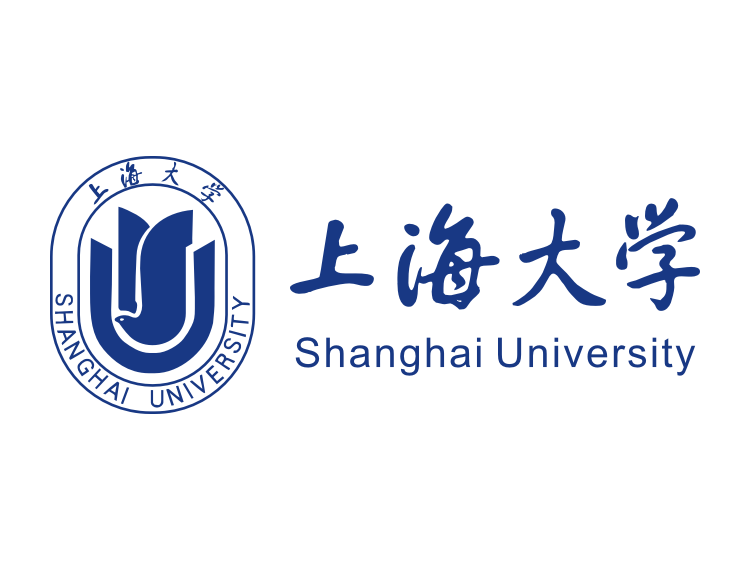Jung Ho Yun, 昆士兰大学,博士
( Dr. Jung Ho Yun, The University of Queensland, Australia)

Dr Jung Ho Yun is an Australia Research Council Discovery Early Career Research Award (ARC DECRA) fellow who has held appointments at the University of New south Wales (UNSW), Particles & Catalysis Research Group and the University of Queensland (UQ), Nanomaterials Centre. Through these appointments, he has established his expertise in photoelectrochemistry and perovskite solar cells. After his PhD at UNSW (supervised by Prof. Rose Amal), he has moved to UQ Nanomaterials Centre (director: Prof. Lianzhou Wang) in 2013 where as a solar cell subgroup leader, he has dedicated to leading the solar cells subgroup within UQ Nanomaterials Centre, particularly for high efficiency and stability improved perovskite solar cell projects. Recently, he has been actively involved in the collaboration research project through international researchers (UNSW, NAIST, GIST, and Shanghai University) for the in-depth mechanism understanding of ion migration and defect on the halide perovskite single crystals, contributing to further improving the perovskite-based optoelectronic device platform.
Title: Solar-driven electrochemical technology for energy-environmental applications.
Date: Nov. 26, 2020 (Thursday) 9: 00
Venue: Room 408, MGI
Abstract:
Increasing concerns over the future availability of global fossil energy resources and the environmental contamination by pollutant emission produced massively in the modern society have facilitated the development of new clean energy technologies with minimal ecological footprint. In such a pursuit of clean energy and healthy environment, solar-driven electrochemical system has attracted great attentions in converting renewable solar energy to valuable energy forms, and simultaneously remediating organic pollutants in wastewater by electrochemically generated strong oxidising potentials. Particularly, it is important to note that renewable energy recovery from wastewater can not only significantly solve the water pollution issue but also contribute to the carbon-neutral energy supply. In this seminar, the fundamental working mechanism of the solar driven electrochemical system and the key strategies to design the electrodes will be addressed, and also the dual functional electrochemical applications to simultaneously process hydrogen generation and environmental remediation will be introduced with some preliminary pilot-test results.

